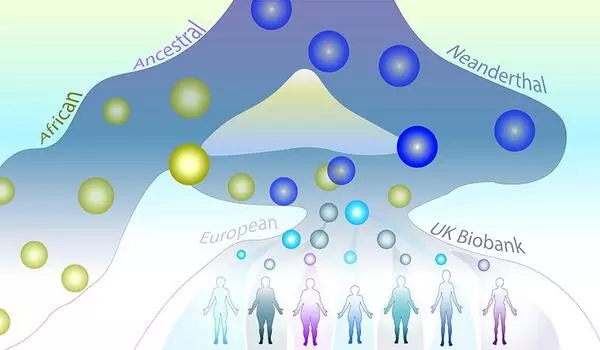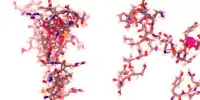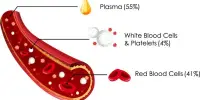Scientists have identified specific segments of the genome containing Neanderthal DNA and have linked some of these genetic variants to specific traits and health conditions. For example, Neanderthal DNA has been linked to skin and hair traits, immunity, metabolism, and even neurological development.
Recent scientific discoveries have revealed that Neanderthal genes make up 1 to 4% of the genome of modern-day humans whose ancestors migrated out of Africa, but the question of how much those genes are still actively influencing human traits remained unanswered – until now.
A multi-institutional research team led by Cornell University has developed a new set of computational genetic tools to investigate the genetic consequences of 50,000-year-old interbreeding between humans of non-African ancestry and Neanderthals. (The study only applies to descendants of those who migrated from Africa before the Neanderthals died out, specifically those of European ancestry.)
The researchers reported in eLife that some Neanderthal genes are responsible for certain traits in modern humans, including several that have a significant impact on the immune system. Overall, the study shows that modern human genes are outlasting previous generations.
We discovered that several of the identified genes involved in modern human immune, metabolic, and developmental systems may have influenced human evolution after our ancestors left Africa. We have made our custom software freely available for download and use by anyone interested in further research.
April (Xinzhu) Wei
“We discovered that several of the identified genes involved in modern human immune, metabolic, and developmental systems may have influenced human evolution after our ancestors left Africa,” said study co-lead author April (Xinzhu) Wei, an assistant professor of computational biology in the College of Arts and Sciences. “We have made our custom software freely available for download and use by anyone interested in further research.”
The researchers analyzed more than 235,000 genetic variants likely to have originated from Neanderthals using a large dataset from the UK Biobank containing genetic and trait information from nearly 300,000 British people of non-African ancestry. They discovered that 4,303 of those DNA differences play a significant role in modern humans, influencing 47 distinct genetic traits such as a person’s natural immune resistance to certain diseases.

Unlike previous studies, which were unable to completely exclude genes from modern human variants, the new study used more precise statistical methods to focus on Neanderthal genes.
While the study used a dataset of almost entirely white people living in the United Kingdom, the team’s new computational methods could pave the way for gleaning evolutionary insights from other large databases in order to delve deeper into archaic humans’ genetic influences on modern humans.
“For scientists studying human evolution who want to know how interbreeding with archaic humans tens of thousands of years ago still shapes the biology of many modern humans,” said senior investigator Sriram Sankararaman, an associate professor at the University of California, Los Angeles. “More broadly, our findings can provide new insights for evolutionary biologists investigating how the echoes of these types of events can have both beneficial and negative consequences.”
















